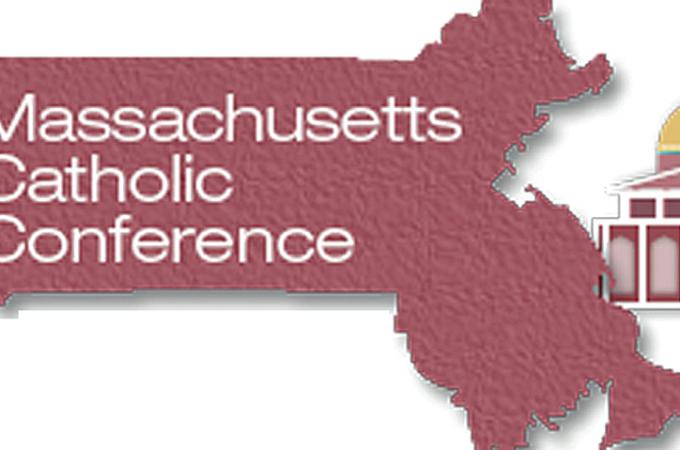Archdiocese revises policy on signature drives
BRAINTREE -- Cardinal Seán P. O'Malley has amended a recently enacted policy that banned legislative signature drives from being held on Church property, largely reversing the decision for the Archdiocese of Boston.
The original policy, issued July 1 jointly by the four dioceses of Massachusetts, banned all signature gathering on Church property and was formed in response to "overwhelming feedback from parishioners over the past several years is that they do not like to be approached prior to or at the conclusion of Mass or other church activities for their signatures on a petition drive," the bishops of Massachusetts said at the time.
According to an Oct. 26 letter signed by Cardinal O'Malley, it will now be left to pastors to decide whether or not to allow signature gathering in their place of worship, "provided that any petition approved by the Pastor must be in accordance with the teachings of the Church."
The decision of how to appropriately communicate to parishioners that the petitions are available will also be left to pastors, although the letter notes that, "Announcements at the beginning/end of Mass, bulletin inserts, email notifications, etc. are suggested means of communication."
The letter also specifies that signature gathering must take "place at a designated location(s) on the property away from the flow of parishioners approaching or departing Holy Mass."
That location may be determined by the pastor, and locations such as church halls, rectories, and school auditoriums are suggested.
The change to the policy in the archdiocese came after the cardinal learned of a number of potential ballot questions that would be relevant to Catholic voters that could possibly be on the 2018 and 2020 ballots, said Jim Driscoll, director of the Massachusetts Catholic Conference (MCC), the public policy arm of the Catholic Church in the Commonwealth.
Most of the initiatives were submitted after the policy change on July 1, he said.
There are around 20 potential ballot initiatives relevant to Catholic voters, said Driscoll, including one that would stop tax payer funding of abortions, and another that would add an additional one percent tax to incomes over $1 million.
Other possible initiatives include an increase to minimum wage, and paid family medical leave for employees. A repeal of the 2016 decision to add "gender identity" to public accommodation laws is also possible. All of the initiatives are subject to signatures being gathered, said Driscoll.
According to Driscoll, the Diocese of Worcester has issued similar modifications to their signature gathering policy.



















